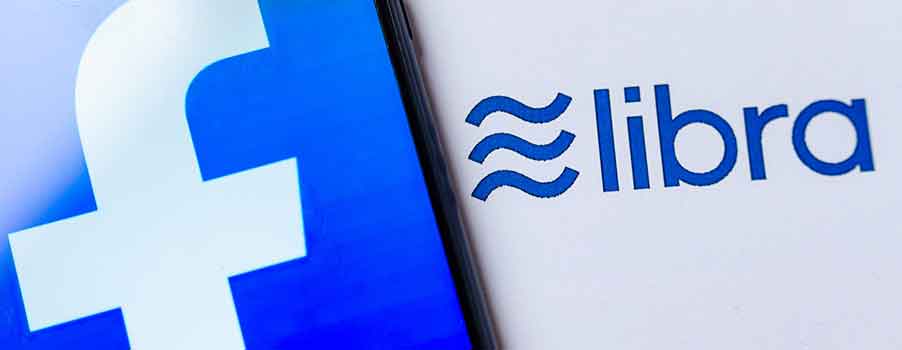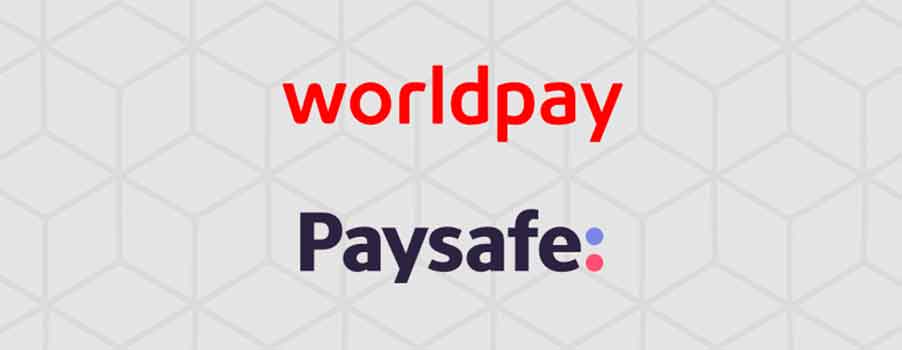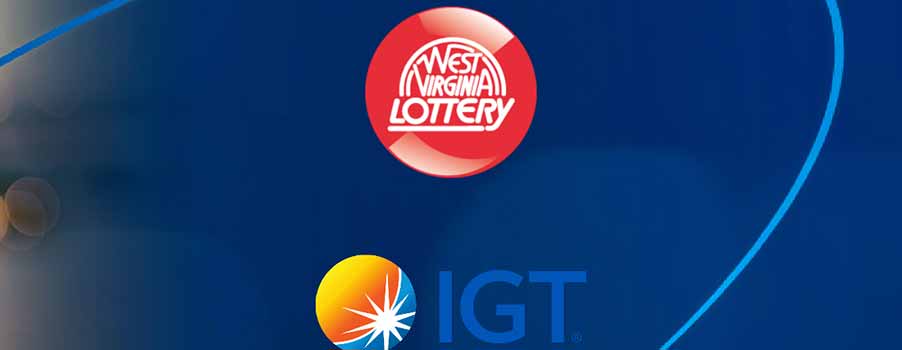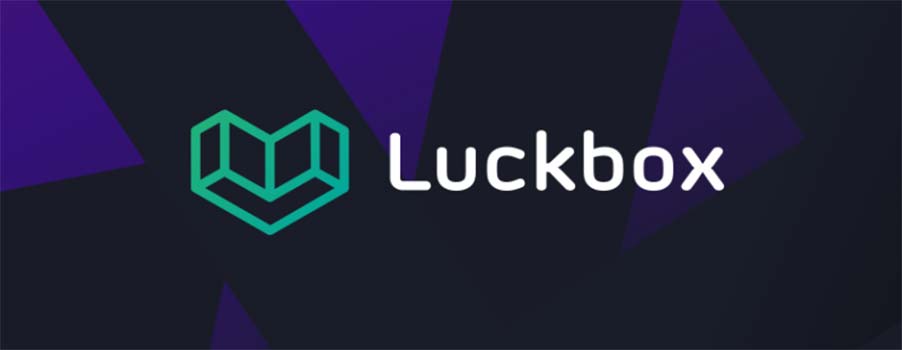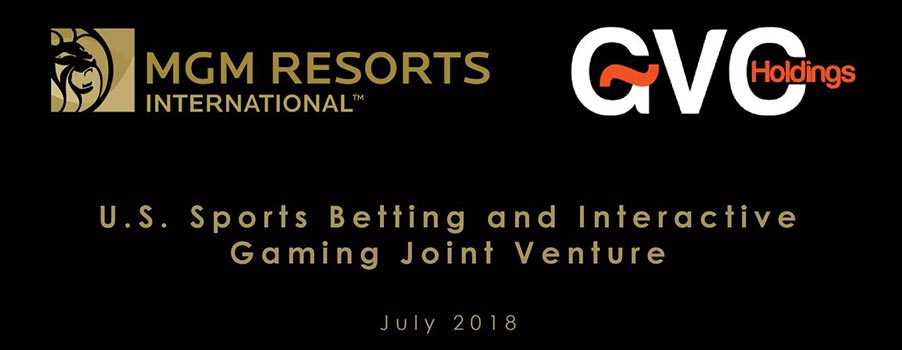In mid-June 2018, globally renowned tech company Facebook finally revealed Facebook Libra following several long months of preparation and development. As expected, the launch represents a plethora of possibilities for the crypto and blockchain space which is definitely not going to be the same again.
What It Does
Facebook Libra will deliver on one of the most notable features of other digital currencies, that is, it will allow its users to make purchases and send money to other people with close to zero fees. Users will also be able to pseudonymously cash out the digital currency online or at local exchanges points such as grocery stores. They will then be able to spend the Libra using interoperable third-party wallets apps or the company’s Calibra wallet which will not only have a standalone app but will also be built into Messenger and even WhatsApp.
During the announcement, Facebook released its whitepaper explaining the digital currency and its testnet in order to get everyone up to speed with everything before its public launch early next year. From what we have been able to gather so far, so many things about the digital currency already look very promising.
How It Will Work
Facebook will not have full control over Libra and instead, it will only have a single vote on the governance of the cryptocurrency and so will other founding members of the Libra Association who include Uber, Visa as well as Andreessen Horowitz. Each of these companies has reportedly invested no less than $10 million on various aspects of the Libra project.
Going forward, the Libra Association will be promoting the open-source Libra Blockchain and developer platform with its Move programming language. In addition to that, it will also be signing up various businesses to the platform.
Furthermore, Facebook is also set to launch a subsidiary company that will be responsible for handling crypto dealings and protecting the privacy of the users – this will be achieved by ensuring that Facebook user data never mingles with the Libra payments. In essence, your real identity will not be tied to your Libra payments with the goal being to ensure that the information is used for targeted advertising.
Why Is It Such A Big Deal?
Well, why wouldn’t it be? Facebook is one of the leading tech companies on the planet and the fact that it is embracing crypto and blockchain technology was definitely bound to generate some buzz. That aside, the company did not just announce another blockchain protocol – these have become commonplace these days. The company has instead chosen to focus on banking its unbanked users (close to 1.7 billion people). This is certainly not an easy task but if there is anyone that can do it, it’s Facebook thanks largely to the resources it has. Besides, it is going to be a very rewarding venture for the company down the line.

